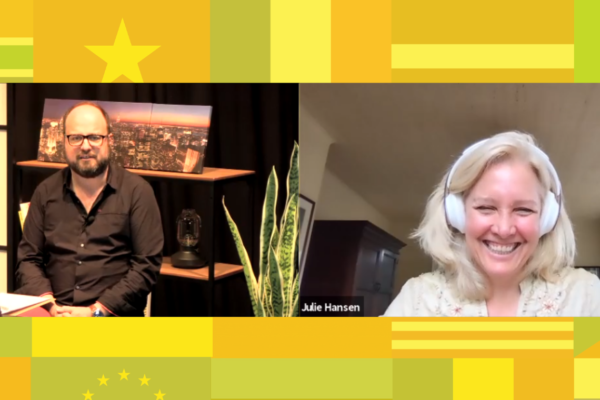D2C Summit: How Babbel wins with its subscription-based language learning service
With more people spending time at home because of the pandemic there has been a huge increase in self-improvement. Riding the e-learning wave has been Babbel, the world’s top-grossing language learning app with 10 million subscribers.










